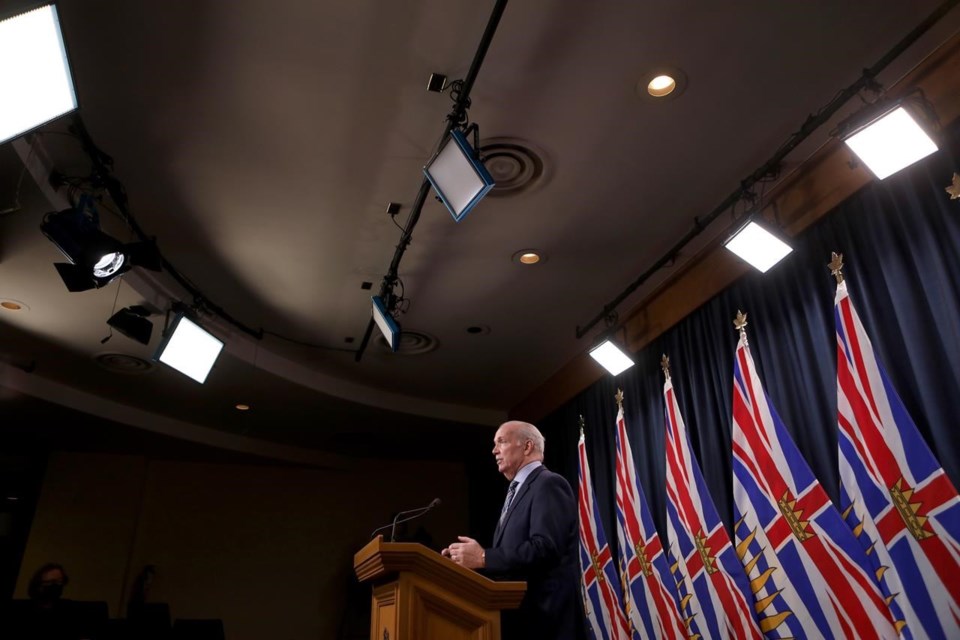RICHMOND, B.C. — British Columbia is giving $100 million in funding to address the historical wrongs it caused when it helped to intern thousands of Japanese Canadians during the Second World War.
The announcement comes on the 80th anniversary of the first arrivals of Japanese Canadians to the Greenwood, Kaslo, New Denver, Slocan City and Sandon internment camps in 1942.
Premier John Horgan says funds will go toward providing updated health programs for internment survivors, the creation and restoration of heritage sites and updating the provincial curriculum to include what he calls a "terrible chapter" in B.C.’s history.
Horgan says the recognition is "long overdue" and the funding symbolizes "turning a page" in how Japanese Canadians have been treated by past governments.
The province says in a statement that this builds on a 2012 apology by the B.C. Legislature and responds to a redress proposal advanced in 2021 by the National Association of Japanese Canadians.
B.C. also gave $2 million to the Nikkei Seniors Health Care and Housing Society last May as a first step toward fulfilling a promise to recognize the internment of almost 22,000 people.
"This endowment will not change the past, but it will ensure that generations that are with us still, and those that come after, will have the opportunity to see something positive coming out of what was clearly a very, very dark period in our collective histories," Horgan said at a Saturday news conference.
This report by The Canadian Press was first published May 21, 2022.
The Canadian Press


